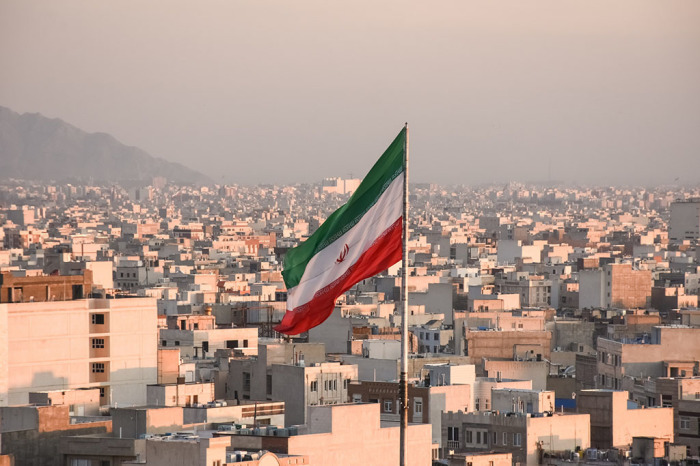
Eleven Iranian Christian converts who were deported from the United States earlier this year, including 27-year-old Artemis Ghasemzadeh, have reportedly received a six-month extension to remain in Panama on humanitarian visas.
The Panamanian authorities granted the extension after their two-month reprieve expired Saturday, reports the U.S.-based persecution watchdog International Christian Concern.
Ghasemzadeh is currently staying in a hotel in Panama City with two Iranian Christian families who also fled religious persecution in Iran.
Before the latest extension, the group of converts had initially been given just 30 days to stay in Panama, then a two-month humanitarian visa.
Ghasemzadeh told ICC they now have until December to find permanent refuge in a third country.
Ghasemzadeh and her brother Shahin crossed into the U.S. illegally from Mexico in late December 2024, seeking asylum. They were detained for five days in San Diego and then separated. She was deported to Panama, while Shahin was transferred to a detention facility in Houston, where he remains awaiting his immigration hearing.

Advocates say that Ghasemzadeh was never given a “credible fear” interview, traditionally offered to those seeking asylum, and was denied access to counsel before being deported.
After taking office in January, the Trump administration has tightened asylum access, halted most refugee resettlement and broadened the use of expedited removal on immigrants who have entered the country in an illegal fashion.
However, reports of Iranian Christians being deported from the U.S. drew concerns from human rights groups that they could face torture or death if they were returned to their home country.
The 11 deported individuals spent time in a detention facility near Panama’s Darién jungle before being released on temporary visas, according to The New York Times.
They now face an uncertain future. In Iran, conversion from Islam to Christianity is punishable by imprisonment or death. Though Iran recognizes some Christian communities, such as Armenian and Assyrian Christians, converts are targeted under the country’s anti-conversion laws.
Christian advocacy organizations and international religious freedom bodies, including the U.S. Commission on International Religious Freedom, have closely tracked the group’s situation since their story gained public attention in February.
ICC submitted an emergency petition signed by 1,302 people to 10 Western countries known for accepting religious refugees, including Germany, France, Spain and Italy. The global persecution watchdog Open Doors ranks Iran as the ninth-worst country when it comes to Christian persecution. The U.S. State Department also recognizes Iran as a country of particular concern for international religious freedom violations.
“In Iran, being a Christian when you’re born is OK,” Ghasemzadeh told ICC in an interview. “But if you’re a Muslim and you convert to Christianity, it’s a problem. The police want to catch you because it’s not good for [the country].”
She and other converts had been part of Iran’s underground house church movement, which operates covertly to avoid arrest.
Last month, U.S. Rep. Yassamin Ansari, D-Ariz., the first Iranian American elected to Congress, introduced new legislation called the Artemis Act, named after Ghasemzadeh.
The legislation proposes to end the practice of expedited removal for refugees fleeing from countries officially recognised by the U.S. State Department as countries of particular concern for religious freedom violations or countries included on the agency’s special watch list. If passed, the bill would allow such individuals to have their asylum cases heard in U.S. immigration courts before any removal action is taken.
Ansari has expressed hope for bipartisan backing but acknowledged the limited prospects for the bill’s success given Republican control of the House of Representatives and Senate.
“Artemis Ghasemzadeh was denied the due process afforded to asylum seekers by law, plain and simple,” Ansari said in a statement last month. “Returning to the Islamic Republic of Iran would mean immediate — potentially deadly — danger for her, both as a woman and a Christian convert. Just a few days ago, I had the immense honor of speaking with Artemis over WhatsApp–she was so brave and resilient. My hope is that this legislation ensures that the nightmare she has endured never happens to anyone else.”
















